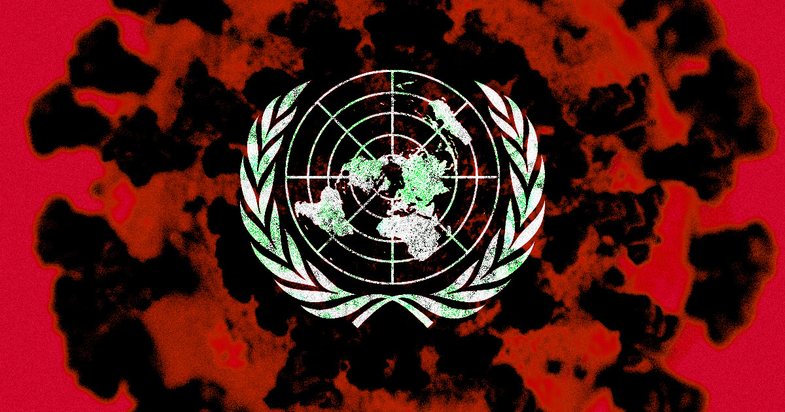
Coronavirus was declared an urgent international concern by the World Health Organization (WHO) as it continues to spread outside China. The WHO declares Public Health Emergency of International Importance when "an extraordinary event occurs that is defined as a risk of spreading the disease to other countries."
What is a World Health Emergency?
WHO declares it a worldwide health emergency at a time when a disease is at risk of spreading to many countries. Declaring such an emergency drives countries to increase the preparation and prevention against the spread of the disease, in this case the Coronavirus.
What precautions should be taken when declaring a worldwide health emergency?
WHO has a fund for such emergencies, which is known as the Emergency Fund. The fund is allocated to affected areas and other countries in order to take appropriate measures to prevent or prevent the spread of diseases.
Likewise, in such situations, additional funds are provided, which come from the contribution of certain states.
The WHO member states have a legal agreement that obliges them to implement WHO decisions, which leads to more coordinated action.
During this exceptional period, WHO does not advise total travel bans. However, many travel companies have opted to suspend flights to and from China. In case of travel, you should contact the companies.
Through its Declaration of Health Emergency, WHO encourages states to cooperate as closely as possible by coordinating staff, funds and other resources needed for intervention.
By highlighting the dangers, such a situation helps and persuades the citizens of the infected countries to follow the guidelines on hygiene and health conditions.
If some states fail to implement appropriate measures, the declaration of a world emergency exerts considerable pressure.
Source: Washington Post, ITV





